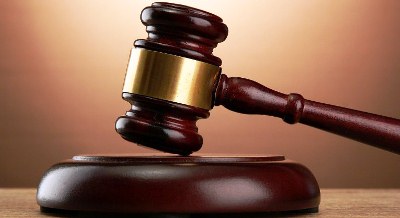Rights group calls to establish S. Sudan hybrid court, pointing to possible ICC referral
December 15, 2017 (JUBA) – The Human Rights Watch has called on the African Union to establish a hybrid court to prosecute war crime committed in South Sudan since 2013 pointing that the International Criminal Court can deal with the situation if government continue to obstruct it.
 In a statement released on Friday, the right group disclosed that South Sudanese government officials are opposed to the court which part of the peace agreement signed since more than two years ago in August 2015.
In a statement released on Friday, the right group disclosed that South Sudanese government officials are opposed to the court which part of the peace agreement signed since more than two years ago in August 2015.
It further revealed the names of key officials who are opposed to the hybrid tribunal, including Information Minister, Michael Makuei – against whom the US brought sanctions in September for undermining the peace process -, Cabinet Affairs Minister, Martin Elia Lomuro; and Defence Minister, Kuol Manyang
“Under the August 2015 agreement, the AU Commission has the authority to establish the court with or without the engagement of the South Sudanese government. If the transitional government continues to ignore its responsibilities under Chapter V of the peace agreement, the AU should proceed with the court on its own,” Human Rights Watch said.
In line with the peace agreement, a hybrid court should establish a court consisting of South Sudanese and other African judges to investigate and try those responsible for grave abuses since 2013.
Also, the AU Commission of Inquiry on South Sudan (AUCoISS) found that the warring parties committed grave human rights abuses and war crimes.
The HRW pointed to the principle of complementarity on which the International Criminal Court (ICC) is based saying the failure to establish this hybrid this court open the way for United National Security Council to refer the case to the war crimes court.
“If a credible, fair, and independent hybrid court does not progress, the option of the International Criminal Court (ICC) remains and should be pursued,” Human Rights Watch said.
Mausi Segun Africa director at Human Rights Watch went to say that the African Union can consider targeted sanctions against anyone responsible for obstruction.
“If the leaders won’t stand by the victims of atrocities, the African Union should step up and show it won’t abandon this precedent-setting plan for accountability in one of the continent’s worst human rights crises.”
(ST)
